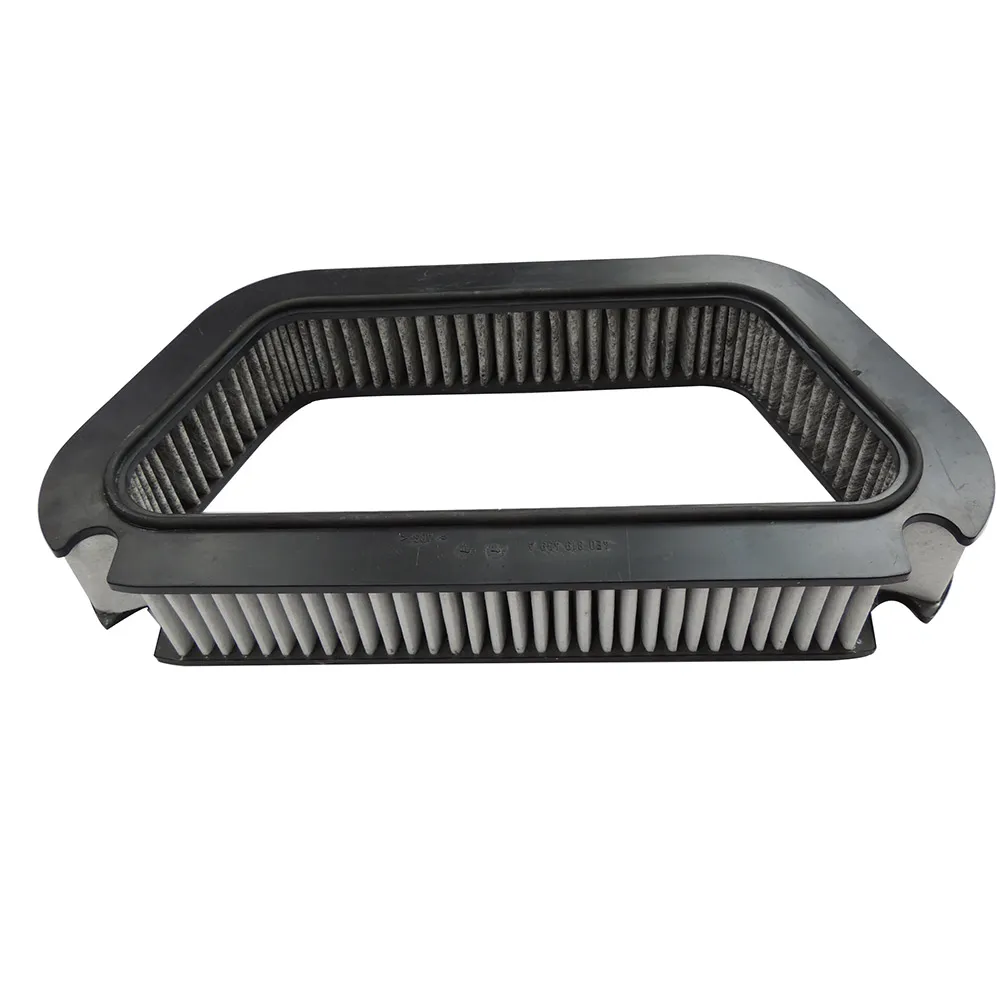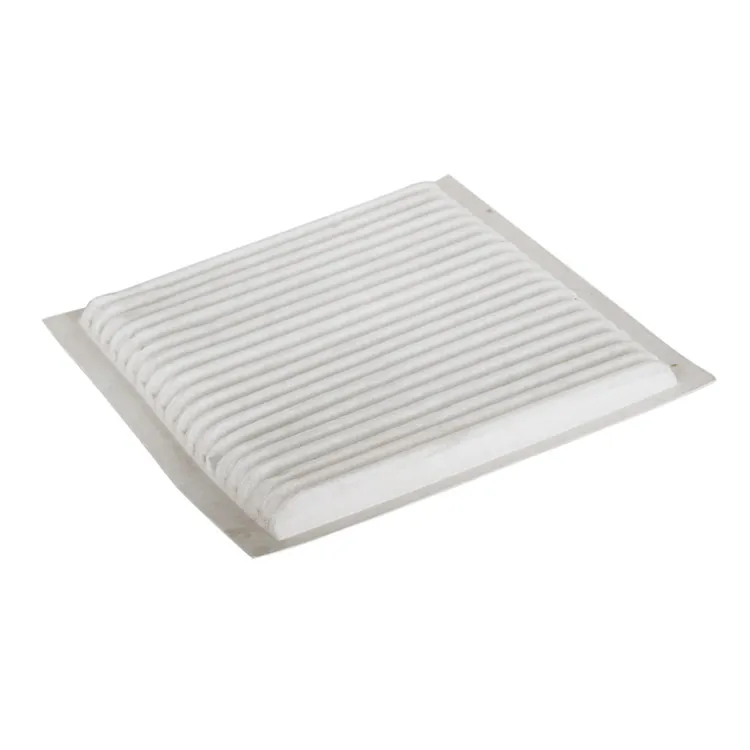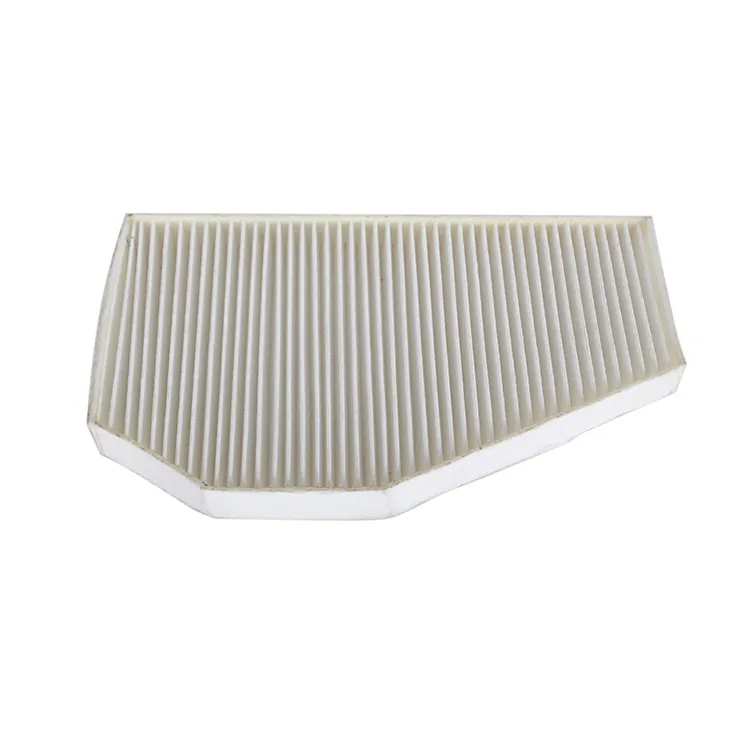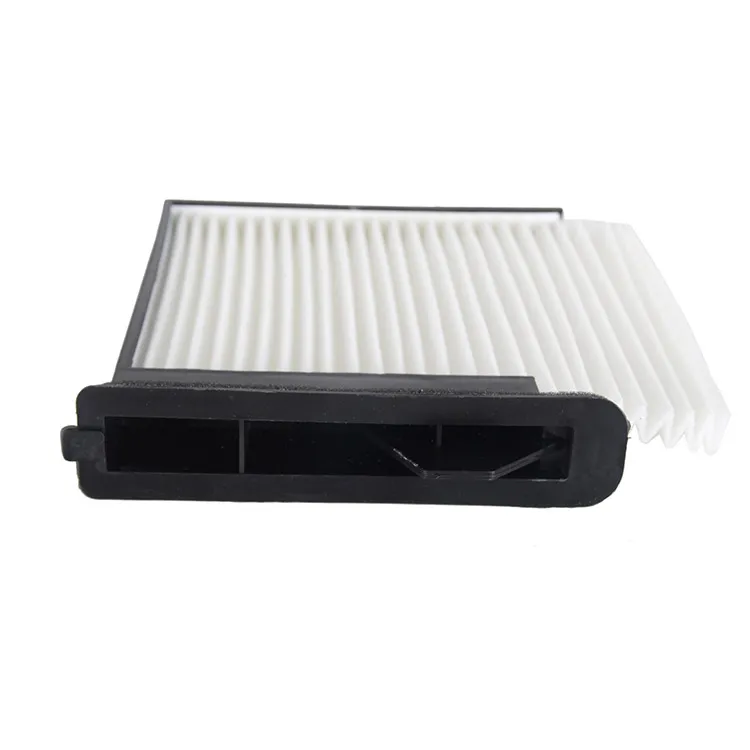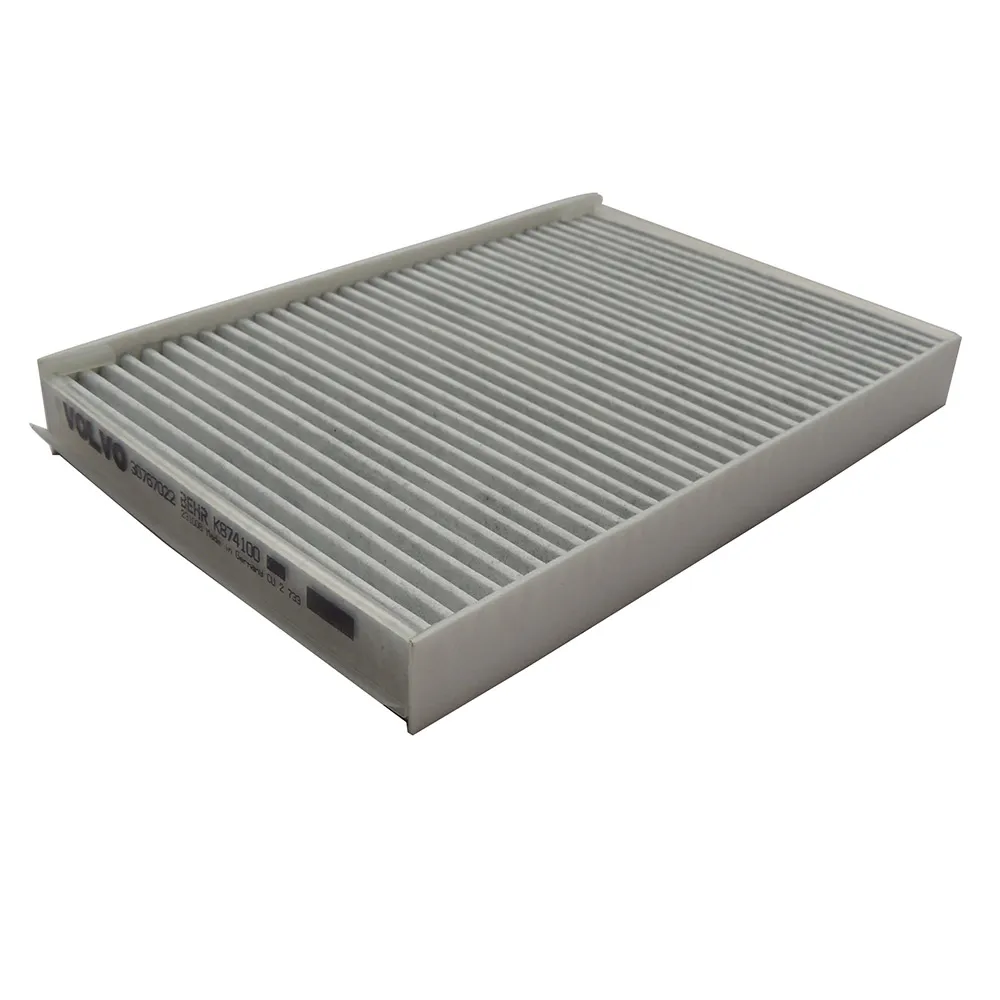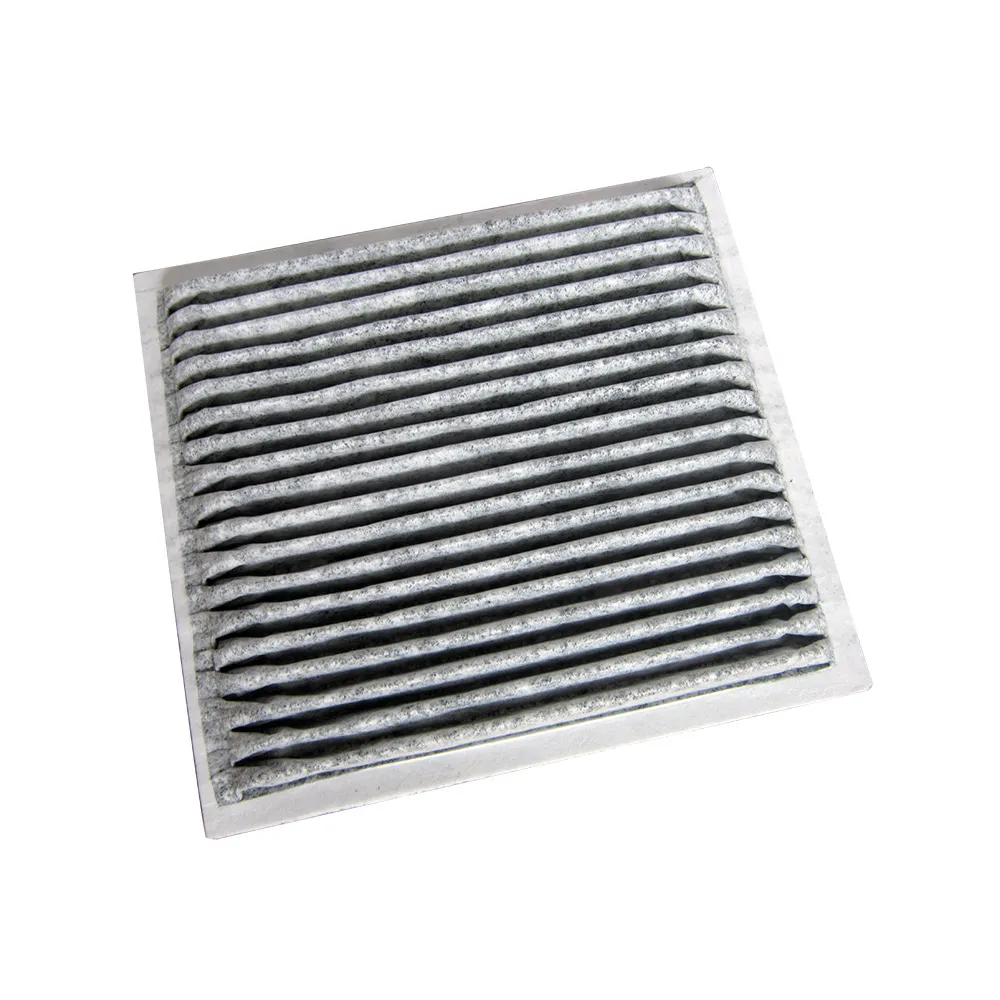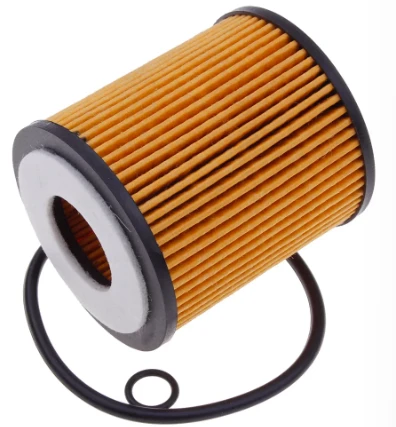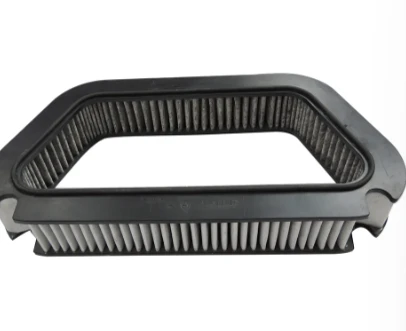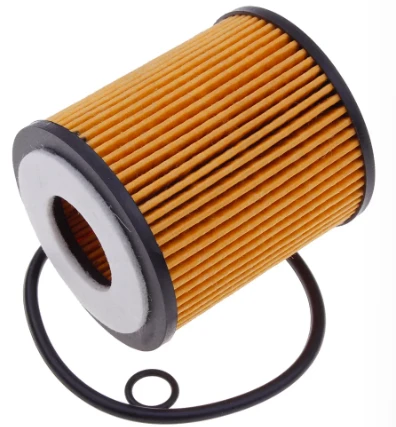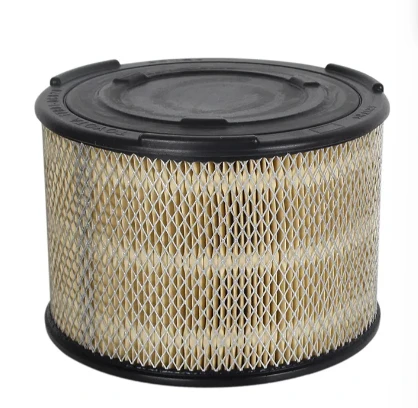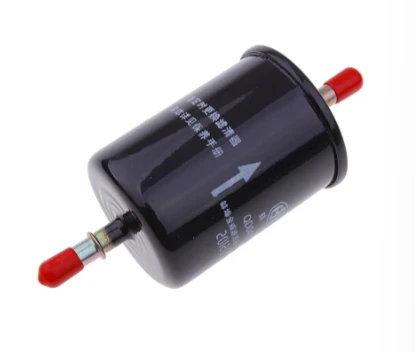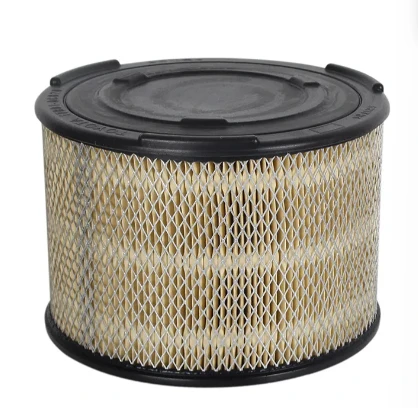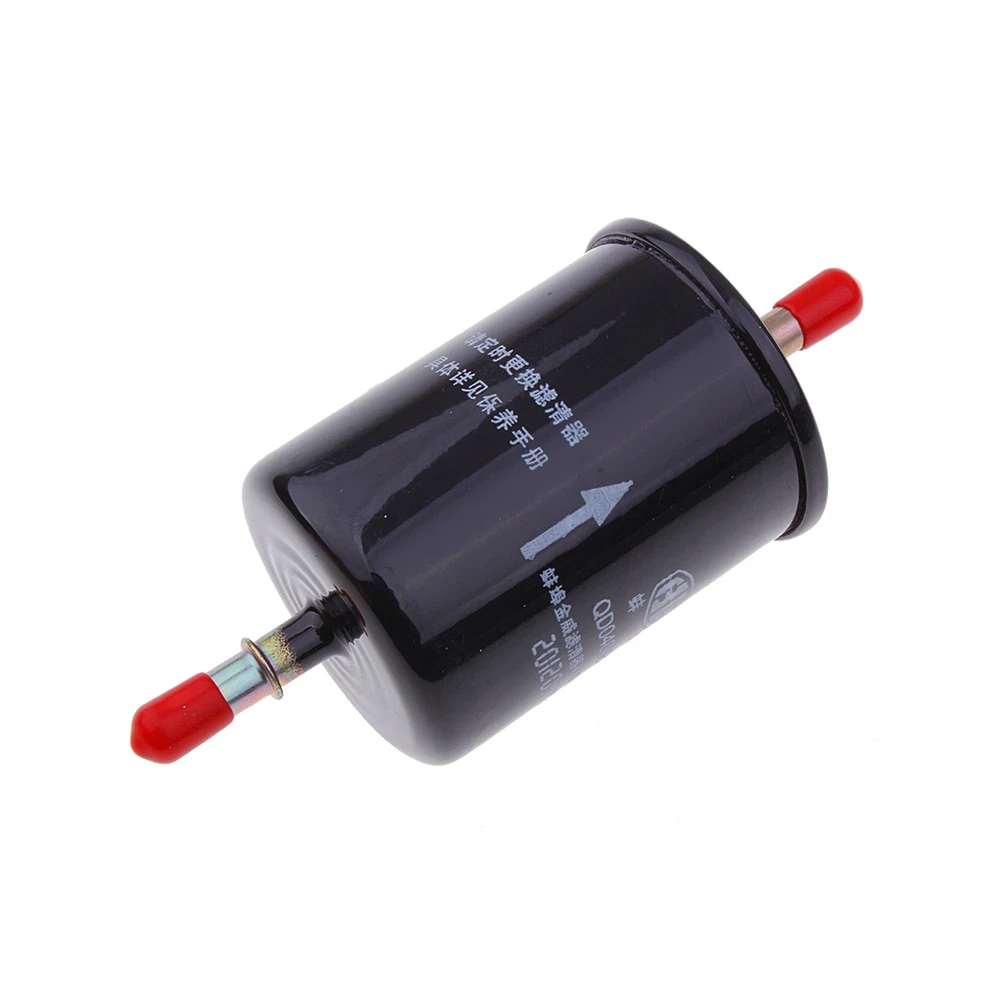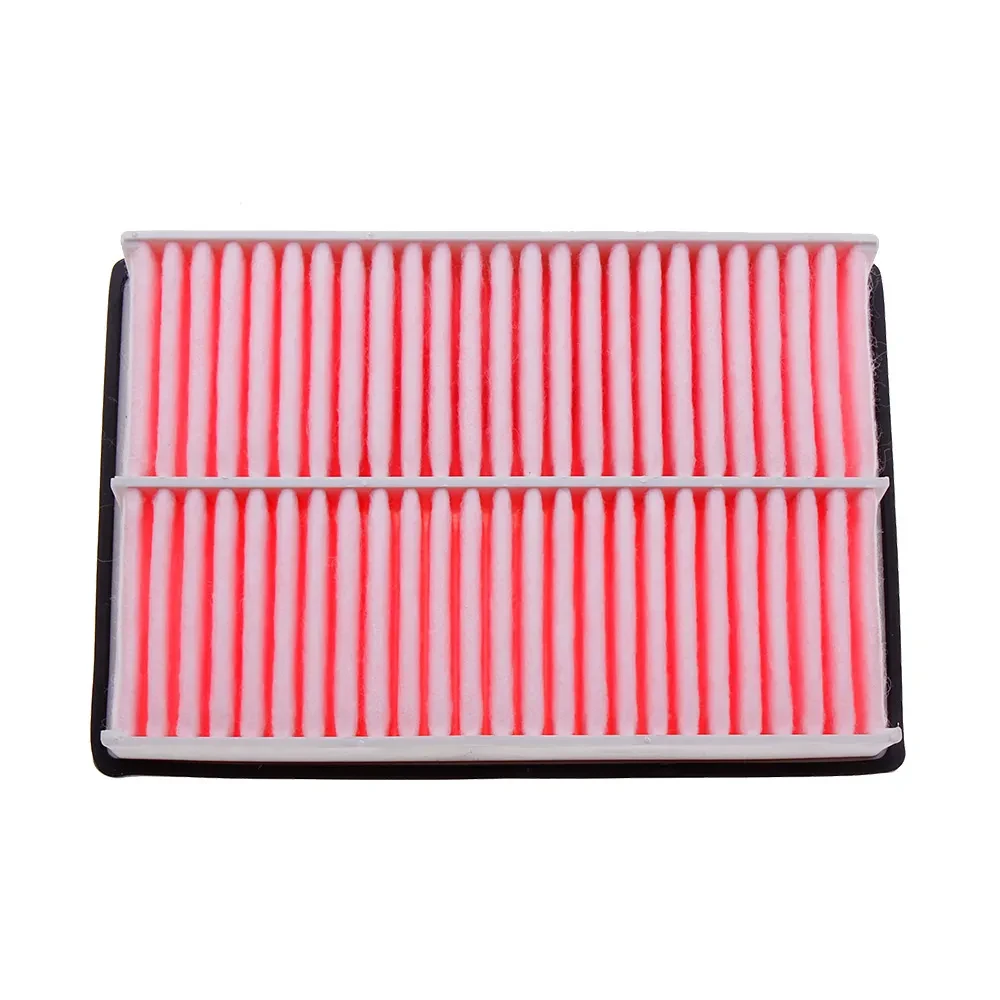Product Overview
A gasoline filter is an essential component in a vehicle’s fuel system, designed to remove impurities, dirt, and debris from the fuel before it reaches the engine. Contaminants in gasoline, such as rust particles, dust, and water, can accumulate over time and negatively impact engine performance. The gasoline filter plays a crucial role in ensuring that only clean fuel flows into the combustion chamber, optimizing engine efficiency and preventing potential damage to fuel injectors, fuel pumps, and other key components.
As gasoline passes through the filter, fine mesh or high-quality filter media trap harmful particles, preventing them from entering the engine. This not only helps maintain a smooth fuel flow but also enhances combustion efficiency, leading to better fuel economy and lower emissions. A clean gasoline filter ensures that the engine runs smoothly, reduces the risk of clogging, and minimizes engine misfires or hesitation.
Over time, the filter collects debris and becomes clogged, restricting fuel flow. When this happens, it can lead to symptoms such as reduced acceleration, rough idling, poor fuel efficiency, or even engine stalling. To maintain optimal performance, manufacturers recommend replacing the gasoline filter at regular intervals, typically every 20,000 to 40,000 miles, depending on the vehicle model and driving conditions.
A high-quality gasoline filter extends the lifespan of the fuel system by preventing contaminants from causing premature wear and tear. Whether used in passenger cars, trucks, or commercial vehicles, a well-maintained gasoline filter is essential for reliable and efficient vehicle operation. Regular replacement ensures that the engine receives clean fuel, contributing to improved performance, reduced maintenance costs, and a longer engine life.
Gasoline Filter Product Advantages
(1)Effective Contaminant Removal
The gasoline filter efficiently removes dirt, rust, water, and other impurities from the fuel, ensuring only clean fuel reaches the engine. This prevents clogging and damage to critical fuel system components.
(2)Enhanced Engine Performance
By maintaining a steady and clean fuel supply, the gasoline filter helps improve combustion efficiency, leading to smoother acceleration, better throttle response, and overall enhanced engine performance.
(3)Improved Fuel Efficiency
A clean fuel supply ensures optimal combustion, reducing fuel wastage and improving miles per gallon (MPG). Replacing the gasoline filter regularly contributes to better fuel economy and lower operational costs.
(4)Protection of Fuel System Components
A high-quality gasoline filter prevents contaminants from damaging fuel injectors, fuel pumps, and fuel lines. This protection helps extend the lifespan of these components and reduces the risk of costly repairs.
(5)Prevents Engine Stalling and Misfires
A clogged gasoline filter can disrupt fuel flow, leading to engine hesitation, rough idling, or even stalling. Regular replacement ensures consistent and reliable fuel delivery, preventing such issues.
(6)Cost-Effective Maintenance
Replacing a gasoline filter is a simple and affordable maintenance step that prevents major engine problems, helping to avoid expensive repairs and prolong the engine’s lifespan.
(7)Durable and High-Quality Materials
Manufactured with premium filtration media, the gasoline filter provides long-lasting performance and withstands harsh fuel conditions, ensuring durability and reliability over time.
(8)Wide Compatibility
Available in various sizes and designs, gasoline filters are compatible with different vehicle types, including passenger cars, trucks, motorcycles, and commercial vehicles, ensuring optimal filtration for various fuel systems.
(9)Easy Installation and Replacement
Many gasoline filters are designed for straightforward installation, making it easy for vehicle owners or mechanics to replace them quickly, ensuring minimal downtime and continuous smooth operation.
Gasoline Filter FAQ
1. What is a gasoline filter, and what does it do?
A gasoline filter is a crucial component of a vehicle’s fuel system that removes dirt, debris, rust, and other impurities from the fuel before it reaches the engine. This helps maintain smooth engine performance, improves fuel efficiency, and protects fuel system components from damage.
2. How often should I replace my gasoline filter?
The recommended replacement interval varies by vehicle make and model, but typically, a gasoline filter should be replaced every 20,000 to 40,000 miles. However, if you frequently drive in harsh conditions or use lower-quality fuel, more frequent replacements may be necessary.
3. Can a clogged gasoline filter damage my car?
Yes, a clogged filter restricts fuel flow, making the engine work harder and potentially causing damage to the fuel pump, injectors, and other components. Replacing the filter regularly helps prevent these issues.
4. Can I clean and reuse my gasoline filter?
Most gasoline filters are designed for single-use and should be replaced when clogged. Some high-performance or specialty filters may be reusable, but they require proper cleaning according to manufacturer instructions.
5. How do I know which gasoline filter fits my vehicle?
Check your vehicle’s owner’s manual or consult a professional mechanic or parts supplier to ensure you select the correct filter based on your car’s make, model, and engine specifications.
6. Is replacing a gasoline filter a DIY task?
For some vehicles, replacing a gasoline filter is a straightforward process that can be done at home with basic tools. However, for cars with in-tank fuel filters or complex fuel systems, professional replacement is recommended.
7. Does a new gasoline filter improve fuel economy?
Yes, a clean filter ensures proper fuel flow and combustion, helping the engine run efficiently. This can lead to improved fuel economy and better overall performance.
8. What happens if I don’t replace my gasoline filter?
Over time, a dirty or clogged filter can restrict fuel flow, causing poor engine performance, increased fuel consumption, and potential damage to the fuel system. Neglecting filter replacement can lead to costly repairs.
9. Do all gasoline filters work the same way?
No, gasoline filters vary in design and function. Some are inline filters, located between the fuel tank and engine, while others are in-tank filters, integrated into the fuel pump assembly. Always choose the right type for your vehicle.

